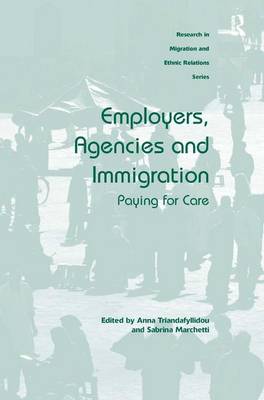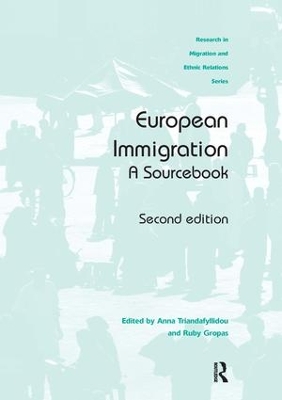Research in Migration and Ethnic Relations
2 total works
Employers, Agencies and Immigration
by Anna Triandafyllidou and Sabrina Marchetti
Published 28 December 2014
Exploring the performance by immigrants of domestic and care work in European households, this book places the employer centre-stage, examining the role of the employer and his or her agents in securing the balance between work, family and welfare needs, as well as investigating both who the employers are and the nature of their relationships with migrant workers. With attention to the dynamics of inequality, as class, ethnicity and gender become intertwined in a location that is at once home and workplace, this volume is organised into sections that deal with the subjectivities of employers and their relationships with their employees in the home; the re-organisation of welfare and care arrangements at state level; and the wider area of migrant domestic and care work, with the transformation of the au pair scheme. Bringing together the latest empirical work from across Europe, Employers, Agencies and Immigration will appeal to social scientists with interests in migration, ethnic and class relations, immigrant labour and domestic work and the sociology of the family.
Fully updated and containing chapters on the new EU member states and the attempt to form a common EU migration policy, this new edition of European Immigration: A Sourcebook provides a comprehensive overview of the trends and developments in migration in all EU countries. With chapters following a common structure to facilitate direct international comparisons, it not only examines the internal affairs of each member state, but also explores both migratory trends within the EU itself and the implications for European immigration of wider global events, including the Arab Spring and the world financial crisis.

